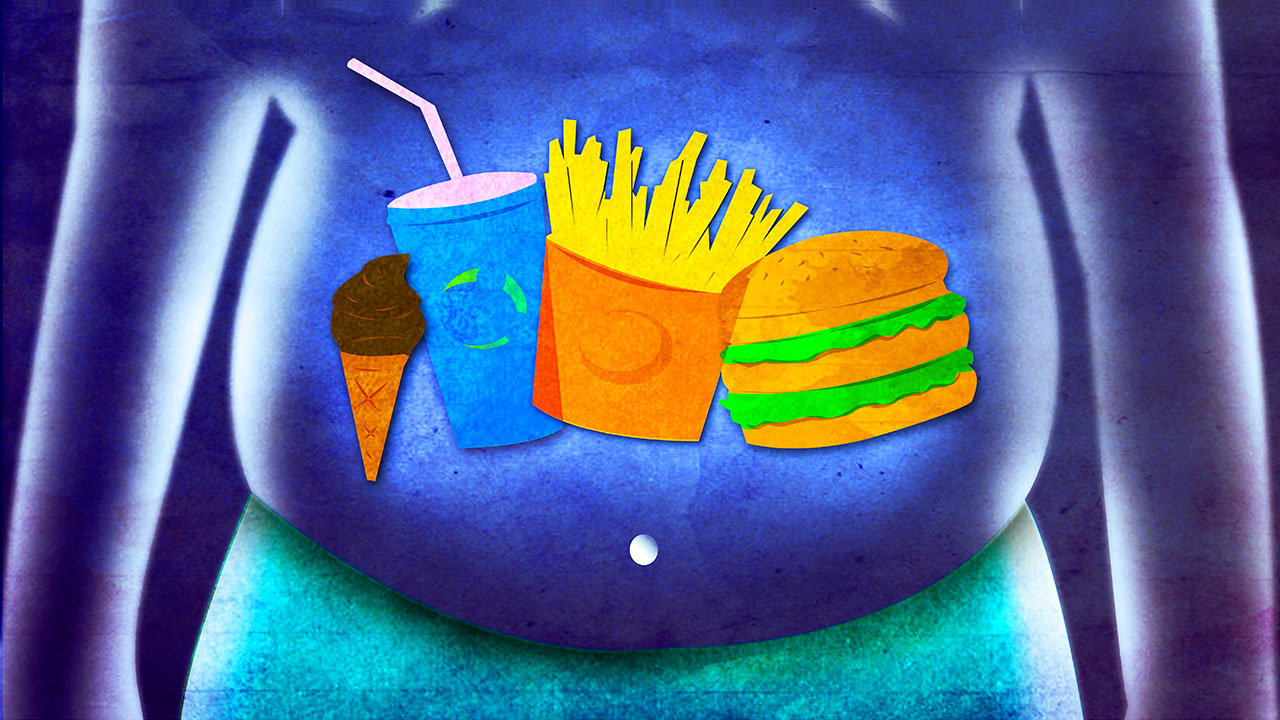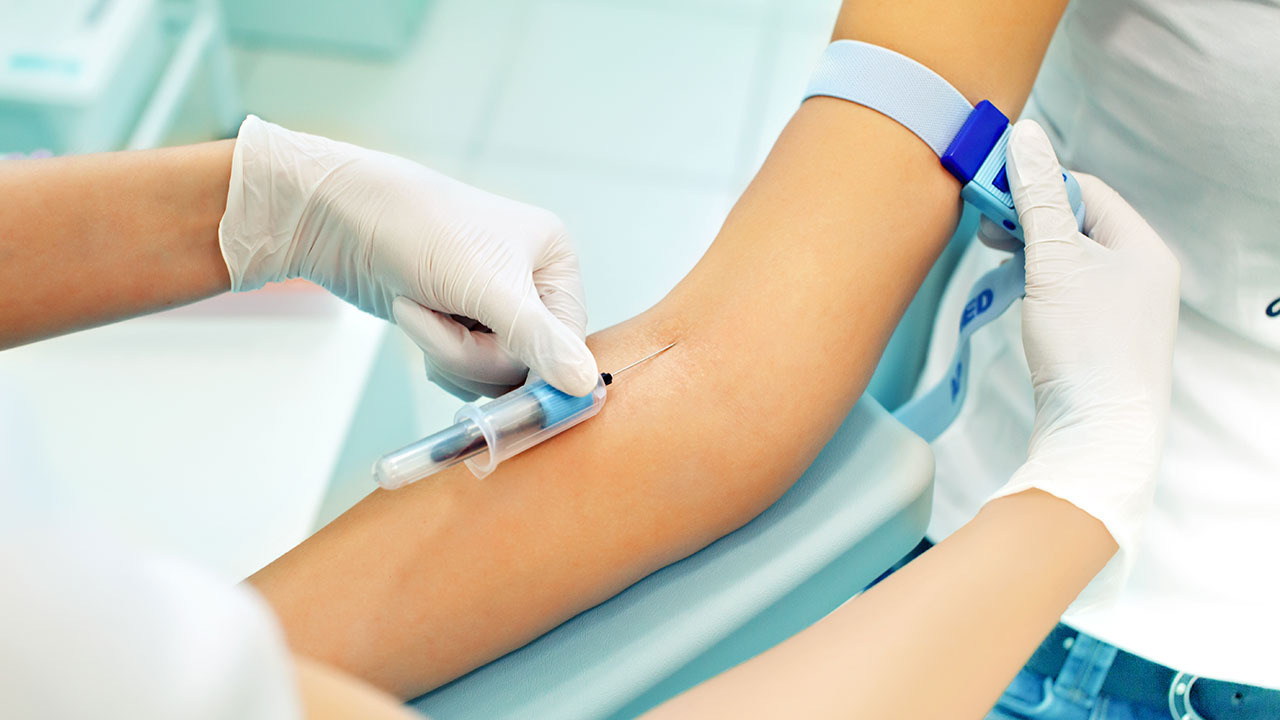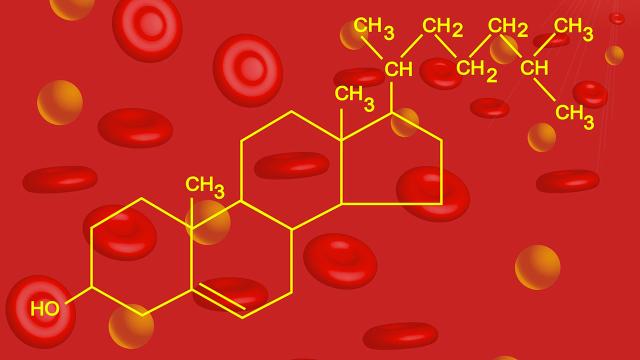Dear Lifehacker, I don’t know much about cholesterol other than it’s in foods and I don’t want high levels of it in my body. But what is it exactly? What does it do and why do I need to care about it? Sincerely, Curious About Cholesterol
Dear CAC,
As we often like to point out, we’re not health professionals and don’t want to give out medical advice, so we like to consult actual doctors to help answer these kinds of questions. Today, Dr Dave Dragoo (from Money Crashers) and Dr Spencer Nadolsky (from Examine.com) offered their expertise. First, here’s how Dr Dragoo defines cholesterol:
Cholesterol is a fat that is transported in your blood and stored in the membranes of your bodies cell. At normal levels it is important for normal cell function.
So what does mean in regards to your daily life? Cholesterol helps your body make a small variety of hormones and vitamin D. It helps create the bile salts that aid in fat digestion. Cholesterol has some additional functions, but these are the ones you’ll probably care about most.
How Your Diet Affects Your Cholesterol

Because cholesterol does good things for your body, it might seem like you should ingest it. Overall, however, your intake doesn’t really matter. Dr Nadolsky explains:
For most people, the liver is the biggest influencer of cholesterol levels in the body so if we eat more our livers produce less and our total amount doesn’t fluctuate all too much.
Basically, reducing your cholesterol intake doesn’t affect the levels in your blood all that much. Because most foods contain cholesterol, you’d struggle to avoid eating it. Fortunately you don’t have to worry about that because your liver does a good job regulating production. That said, eating poorly — which doesn’t mean eating cholesterol so much as it does mean consuming excessive empty calories, trans fats, and nutrient-unbalanced meals — can put you at greater risk for heart disease. As we’ll discuss later, the risk has more to do with certain particles that carry the cholesterol in your bloodstream than the cholesterol itself. Nevertheless, Dr Nadolsky suggests that you ought to look more at your level of physical activity than your diet:
There are multiple diets that help keep your cholesterol / apoB / LDL-Particle levels low but the staying active and lean seems to be most important.
Dr Dragoo agrees and offers some suggestions for healthier eating:
Adjust your diet to include more foods that are high in fibre (such as raspberries, split peas and brown rice) and omega-3 fatty acids (such as salmon, spinach and walnuts).
Ultimately, like most things, you can get your blood cholesterol levels to a healthy place with a smart diet and a reasonable amount of exercise.
The Differences Between Good and Bad Cholesterol

If you’ve been to a doctor and had your cholesterol tested in the past, you’ve probably heard about two different kinds of cholesterol: HDL (good) and LDL (bad). Simply put, you want higher levels of HDL and lower levels of LDL. Dr Dragoo gives a simple explanation of why:
Good and bad cholesterol is determined by the density of lipoprotein. Good cholesterol is high in lipoproteins and bad cholesterol is low. Too much bad cholesterol causes plaque formation in the arteries and enhances the risk of heart disease. The more good cholesterol there is, the easier it is for the body to dispose of bad cholesterol.
Dr Nadolsky gets a little more specific:
Good and bad cholesterol is actually a misnomer. What we really need to look at are the proteins (lipoproteins) that carry the cholesterol. Cholesterol itself isn’t actually bad but the lipoproteins (specifically apolipoprotein B) can be. Most people think of LDL-Cholesterol as bad but that doesn’t do nearly as good of a job at predicting cardiovascular risk as the LDL-Particles / apoB levels. Having high levels of these LDL-Particles that carry the cholesterol increases your cardiovascular risk.
What should you do with this information? Ask your doctor what they look for when they check your cholesterol so you know they’re searching for the best indicators of cardiovascular risk. If your test results come back less than ideal, increase your level of activity and consider a healthier diet (using some of the previously mentioned suggestions). Maintaining healthy cholesterol levels isn’t terribly hard, even if you’re at a higher risk than most people. I am, and I’ve managed just fine despite enjoying some pretty unhealthy foods now and again. All it takes is a little bit of exercise and a diet that works for you — something that all of us can manage.
Cheers
Lifehacker
Got your own question you want to put to Lifehacker? Send it using our [contact text=”contact form”].
Photo by Meletios (Shutterstock), BlueRingMedia (Shutterstock), Crystal Eye Studio (Shutterstock), Elena Vasilchenko (Shutterstock).

Comments
2 responses to “Ask LH: What Is Cholesterol And Why Should I Care About It?”
Watched a show recently on this subject, and the gist of it was that both kinds of cholesterol are important. The big problem comes back to the elephant in the room, namely sugar..!! Stop stressing about cholesterol and reduce your sugar intake… you’ll be fine, I promise…!
The misuse of the term cholesterol just kills me. It takes a complex subject and makes it even more confusing. I’m glad Dr Nadolski dropped a knowledge bomb in this article! Shame the author didn’t use that clarification as an opportunity to use the correct terms though.